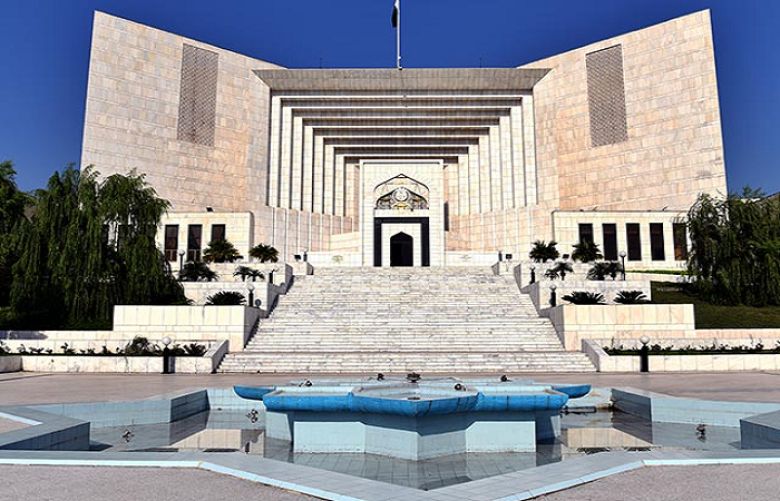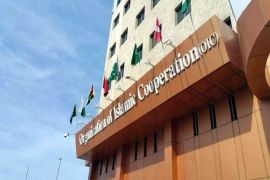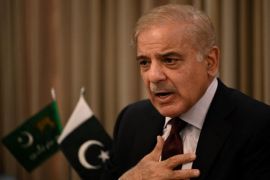The Supreme Court has declared that the trial of civilians in military courts cannot be conducted in military courts. It declared Section 2(D)(1) of the Army Act unconstitutional by a majority of 4-1.
The court has ruled that the civilians accused of violence of May 9 violence cannot be tried in military courts and their cases should be heard in civilian courts.
Earlier today, the court had reserved its judgement in the case.
A five-member bench, headed by Justice Ijazul Ahsan, took up the case today. The bench also included Justice Muneeb Akhtar, Justice Yahya Afridi, Justice Ayesha Malik and Justice Mazahar Ali Akbar Naqvi.
The court disposed of nine petitions against the trial as withdrawn.
Attorney General for Pakistan Mansoor Usman Awaz, and petitioners’ lawyers Latif Khosa and Salman Akram Raja are also present in court. Also present is Ahmed Hussain, the lawyer for petitioner, former chief justice of Pakistan Jawad S Khawaja.
The AGP said he would like to apprise the court of why a constitutional amendment was not necessary in this case, as well as talk about Article 175.
The trial of those accused of May 9 violence will be held in the military courts on the style of civil courts, testimonies will be recorded, and the decision contain detailed reasons.
The case of attacks on unauthorized areas and buildings can also be tried in military courts, the AGP said.
Justice Ahsan asked if a constitutional amendment was necessary for trials of terrorists and not common citizens. The AGP responded that if a suspect has direct links with the armed forces, a constitutional amendment is not necessary.
Justice Malik remarked that the Army Act talks about discipline within the armed forces.
Justice Ahsan said that on reading the law, it is clear that it is meant for the internal workings of the army. He then asked how the lawyer will prove a link between this law and civilians.
The Army Act talks about officers performing their duties, the AGP remarked. As far as discipline was concerned, this law only dealt with the armed forces, he admitted.
“When the officials are stopped from performing their duty, other people also fall under this law,” the attorney general said.
Justice Ayesha Malik then asked if this interpretation is accepted, “will the law apply to anyone? What will happen to fundamental rights in such a case?”
The Army Act also deals with those working temporarily with the armed forces, the AGP informed the court. Justice Ahsan remarked that this issue was only related to service.
“The Constitution recognises that those stopping members of the armed forces can also be civilians,” the AGP said.
Justice Malik remarked that the Constitution says no law shall be made against fundamental rights.
The law and Constitution bound the armed forces to fulfil their responsibilities, Justice Malik remarked, adding that according to the Constitution, if they are unable to fulfil their duties they will be deprived of basic rights.
The Act applies to a person who is on active duty in the armed forces, the AGP said, adding that if a person is not on duty but is affected by an attack, that case was different.
“The law is also applicable to any member of the armed forces who possesses a weapon without a licence,” the AGP informed the court.
The law will also be applied if it is proved that a suspect is related to the armed forces in any crime, he added.
On Sunday, the federal government told the Supreme Court that the trial of civilians allegedly involved in the May 9 incidents has started in military courts.
In its written response submitted on the court’s order of August 3, sources said the government told the court that the trial is important to protect the rights of the suspects.
A total of 102 people were detained for their alleged involvement in the attacks on military installations on May 9 and 10, the government has said.
Its written response further says the suspects have been arrested under the Pakistan Army Act 1952, sources said.







